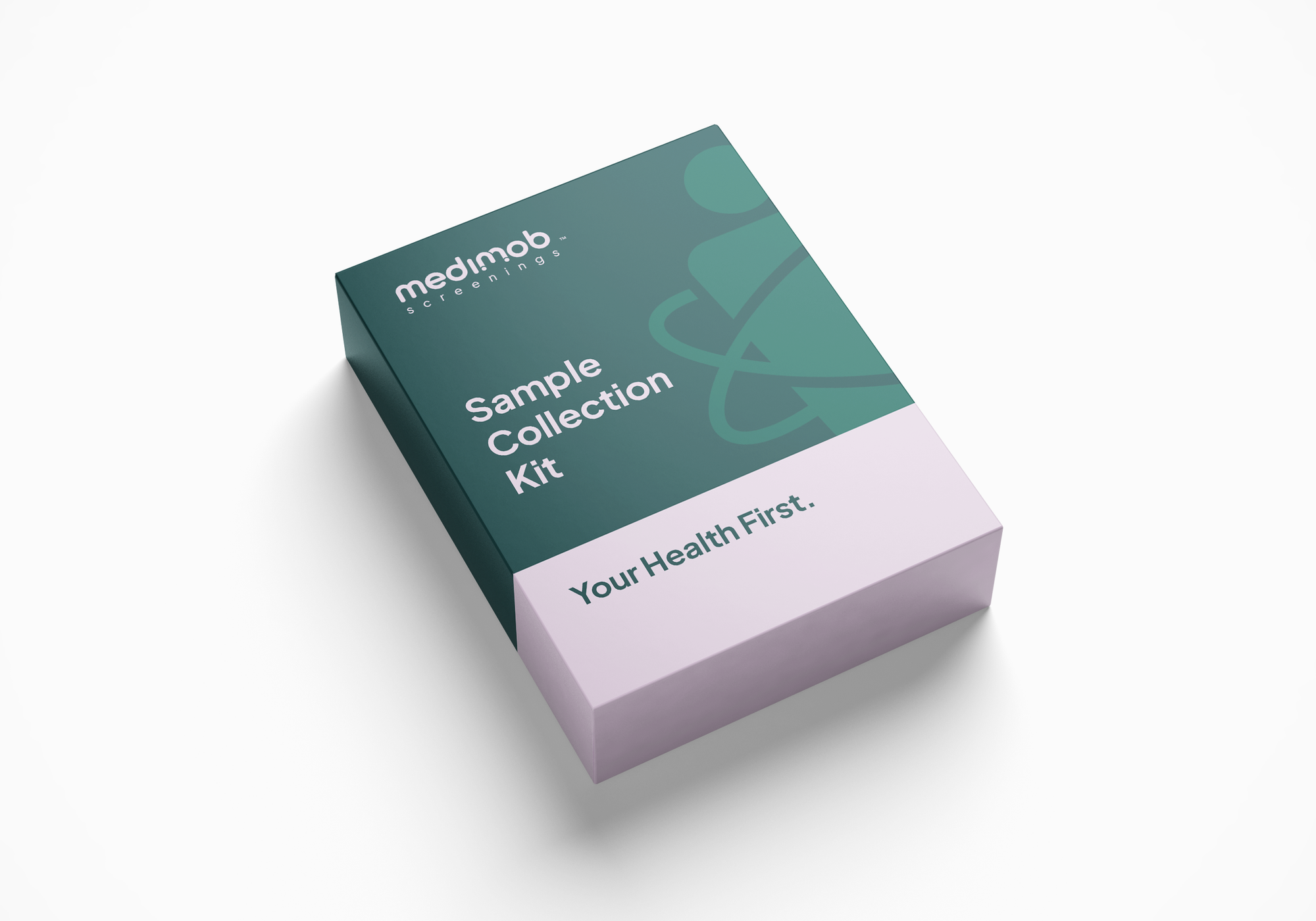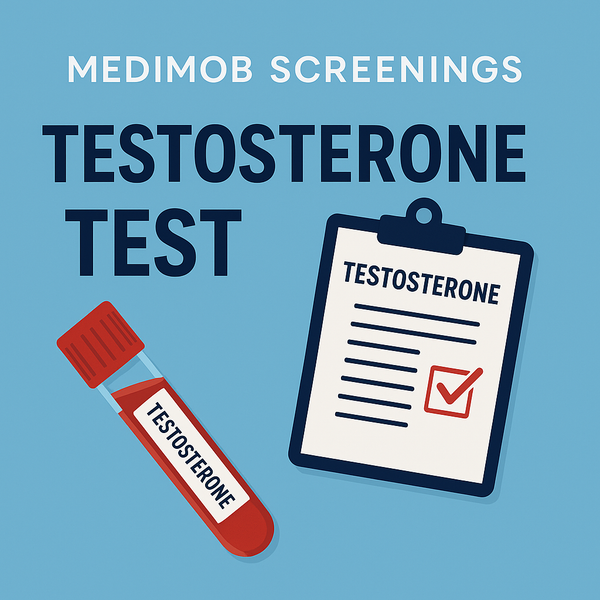Low Testosterone: Causes, Diagnosis, and Treatment Options
Low testosterone, or male hypogonadism, occurs when the body doesn't produce enough of the vital sex hormone testosterone. This condition can lead to fatigue, low libido, mood changes, and infertility. Learn the symptoms, causes, tests, and treatment options.

Low testosterone, also known as male hypogonadism, is a medical condition in which the body’s ability to produce adequate levels of testosterone—a key male sex hormone—is impaired. This can be due to issues with the testicles (primary hypogonadism) or problems in the brain regions that regulate hormone production, such as the pituitary gland or hypothalamus (secondary hypogonadism).
It can affect males at any stage of life—from birth to adulthood—and may result in a variety of symptoms that impact physical health, emotional well-being, and sexual function.
What Is Testosterone and Why Does It Matter?
Testosterone is the principal androgen (male sex hormone). It plays a critical role in:
- Development of male reproductive organs
- Growth of muscle and bone mass
- Production of red blood cells
- Libido (sex drive)
- Fertility and sperm production
- Mood regulation and cognitive function
Testosterone levels are usually highest in the morning and gradually decline with age. A normal testosterone level for adult males is generally considered to be 300–1,000 ng/dL (nanograms per deciliter), though different labs may vary slightly.
⚠️ Symptoms of Low Testosterone
Symptoms can vary based on age, testosterone level, and underlying causes.
In Adult Men:
- Reduced sex drive (low libido)
- Erectile dysfunction or weaker erections
- Fatigue and low energy
- Mood changes (depression, irritability)
- Difficulty concentrating or memory issues
- Decreased muscle mass and strength
- Loss of body or facial hair
- Increase in body fat
- Gynecomastia (enlarged breast tissue)
- Hot flashes
- Infertility (due to low or zero sperm count)
In Teenage Boys:
- Delayed puberty
- Poor muscle development
- Underdeveloped genitalia
- Lack of facial and body hair
- High-pitched voice
🧬 What Causes Low Testosterone?
There are two main types of hypogonadism:
1. Primary Hypogonadism
Occurs when the testicles cannot produce testosterone despite signals from the brain.
Causes:
- Klinefelter syndrome (XXY chromosomes)
- Cryptorchidism (undescended testicles)
- Testicular injury or removal
- Mumps orchitis (inflammation from viral infection)
- Chemotherapy or radiation therapy
- Anabolic steroid abuse
- Hemochromatosis (iron overload)
2. Secondary Hypogonadism
Results from problems in the pituitary gland or hypothalamus, which regulate hormone signals to the testicles.
Causes:
- Pituitary tumors
- Obesity
- Type 2 diabetes
- Sleep apnea
- Chronic illnesses (liver/kidney disease, HIV/AIDS)
- Excess alcohol use
- Opioid or steroid medications
- Aging (Late-Onset Hypogonadism)
Full Testosterone Check (5 Biomarkers) From the Comfort Of Your Home
🩺 How Is Low Testosterone Diagnosed?
Key Steps in Diagnosis:
- Physical examination
- Medical history review
- Laboratory blood tests
Common Tests:
- Total Testosterone Test: Measured twice in the morning (8–10 a.m.) to confirm accuracy.
- Free Testosterone Test: Evaluates the bioavailable form of the hormone.
- Luteinizing Hormone (LH): Helps distinguish between primary and secondary hypogonadism.
- Prolactin Levels: Elevated levels may suggest a pituitary tumor.
- FSH and Estradiol: To assess reproductive hormone balance.
- Iron Studies: For suspected haemochromatosis.
Check these hormones with the male hormone test (9 biomarkers).
💉 Treatment Options for Low Testosterone
Testosterone Replacement Therapy (TRT)
TRT is the primary treatment for confirmed testosterone deficiency in men with relevant symptoms.
Available Forms:
- Topical gels (applied daily to the skin)
- Intramuscular injections (weekly or biweekly)
- Testosterone patches
- Subcutaneous pellets (implanted every 3–6 months)
- Buccal tablets (placed inside the gum)
- Nasal gels (administered 3x/day)
- Oral testosterone (undecanoate)
TRT is not suitable for everyone. Screening for prostate and breast cancer is essential before starting therapy.
⚠️ Potential Side Effects:
- Acne or oily skin
- Fluid retention
- Reduced sperm count and infertility
- Sleep apnea worsening
- Testicular shrinkage
- Elevated red blood cell count
- Breast tenderness or enlargement
👨⚕️ When Should You Speak to a Doctor?
You should consult a healthcare provider if you experience:
- Reduced sex drive or erectile dysfunction
- Chronic fatigue or mood issues
- Trouble concentrating or memory lapses
- Delayed puberty in adolescent males
- Infertility concerns
Routine follow-ups are crucial if you're undergoing TRT, as hormone levels, side effects, and overall health must be regularly monitored.
✅ Can You Prevent Low Testosterone?
While genetic or structural causes cannot be prevented, certain lifestyle choices may reduce the risk of testosterone deficiency:
- Maintain a healthy weight
- Exercise regularly (especially resistance training)
- Eat a balanced, nutrient-rich diet
- Get enough quality sleep
- Manage chronic conditions (e.g., diabetes)
- Avoid excess alcohol and drugs
🔬 Tests to Evaluate Testosterone-Related Health
In addition to testosterone, other important biomarkers to monitor include:
- FSH and LH – Evaluate reproductive hormone signaling
- Estradiol – To check hormone balance
- SHBG (Sex Hormone-Binding Globulin) – Impacts free testosterone
- Prostate-Specific Antigen (PSA) – Monitors prostate health
- Ferritin/Iron Studies – For potential hemochromatosis
📚 Frequently Asked Questions (FAQs)
Is low testosterone a normal part of aging?
Yes, but symptomatic low levels may require medical intervention.
Can low testosterone be reversed?
It depends on the cause. Some lifestyle changes and treating underlying conditions may improve levels. Others may require long-term therapy.
Does low testosterone affect mental health?
Yes, low levels are associated with depression, irritability, and cognitive decline.
Is TRT safe?
For many men, yes—with proper screening and monitoring. Risks must be balanced with benefits.
Can low testosterone affect fertility?
Yes. TRT can reduce sperm production. If you're trying to conceive, speak to a reproductive specialist.
Full Testosterone Check (5 Biomarkers) From the Comfort Of Your Home




